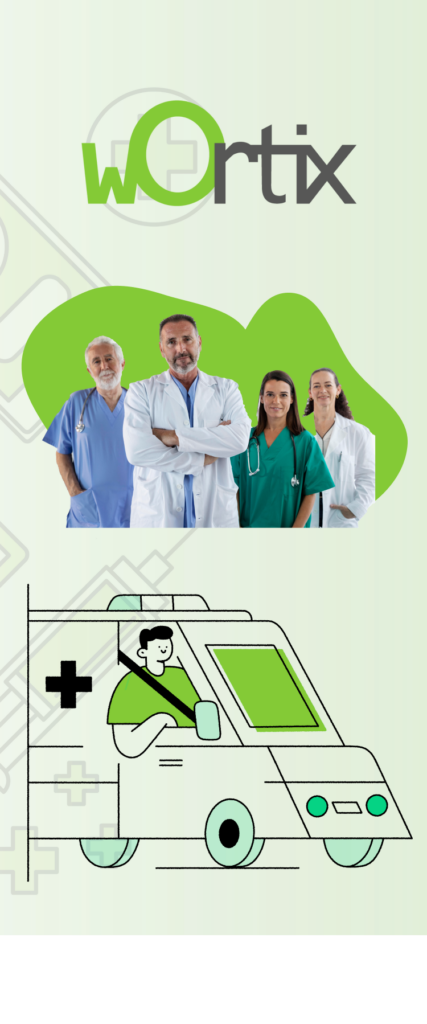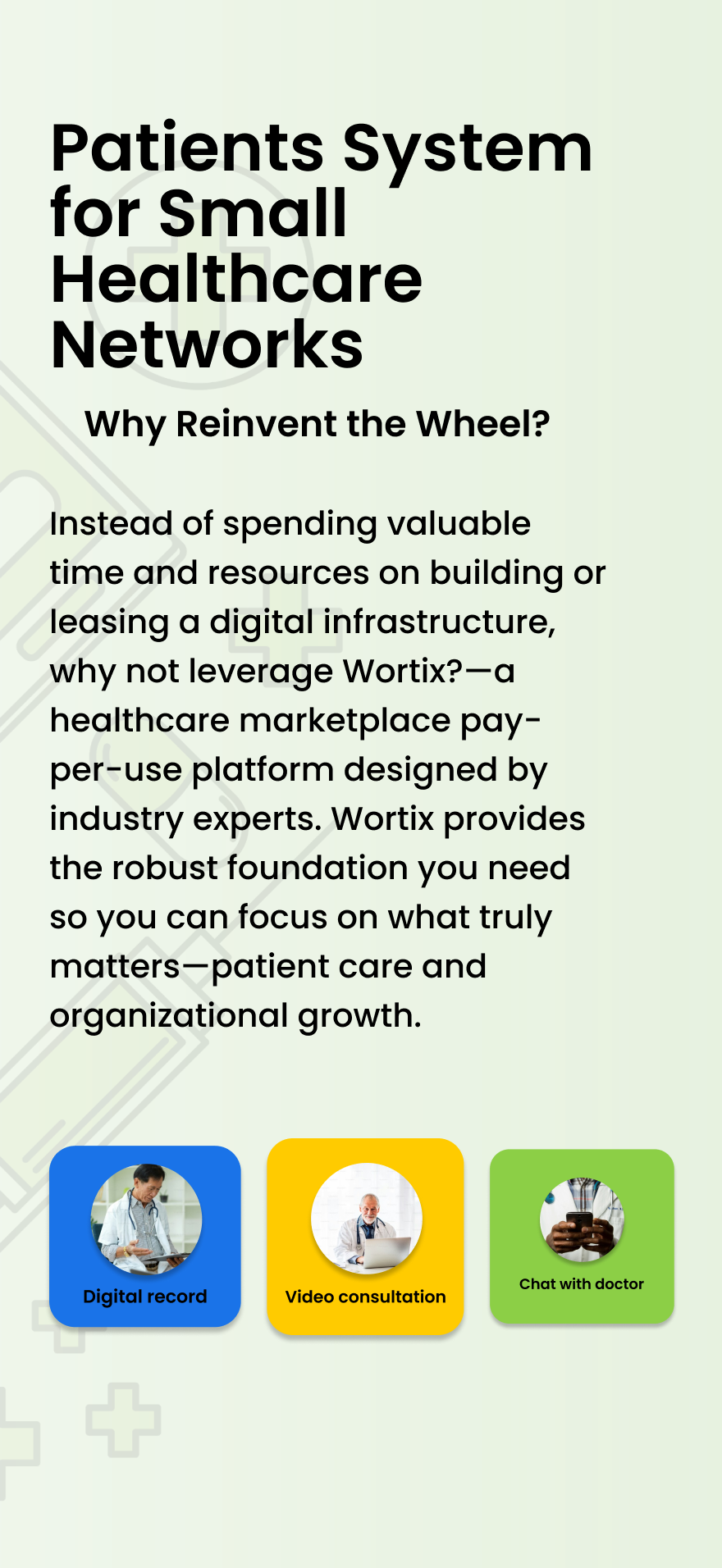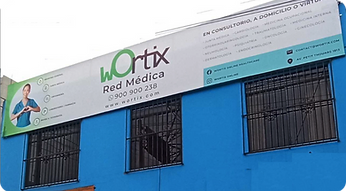In today’s healthcare landscape, making informed decisions is key to providing quality care. Technological advancements have opened the doors to a wealth of health data, but true efficacy lies in the ability to integrate and analyze this data effectively.
With the vast amount of data generated in medical practices each day, leveraging this information effectively can make a difference in patient outcomes and operational efficiency. This is where data integration comes into play, revolutionizing how healthcare professionals approach health management and treatment strategies.
In this article, we will explore the importance of data integration in medical decision-making and the tools and technologies necessary to make the most of the data and enhance patient care.
The importance of data integration in medical decision-making
When it comes to patient health and well-being, every detail matters. Data integration in medical decision-making plays a crucial role in providing comprehensive and accurate patient information. By combining clinical data, medical histories, test results, and other relevant data, physicians, and healthcare professionals gain a holistic view of each patient, enabling them to make informed and personalized decisions.
Data integration also allows for the identification of patterns and trends in large datasets, which can be especially useful in early disease detection, chronic disease management, and treatment outcome optimization. By harnessing data integration, healthcare centers and medical networks can improve efficiency and accuracy in decision-making, leading to more effective and satisfying patient care.
By integrating data, healthcare providers can:
- Improve Diagnostic Accuracy: Access to comprehensive patient data enables more accurate diagnoses and personalized treatment plans, leading to better outcomes and patient satisfaction.
- Increase Operational Efficiency: Streamlining administrative tasks and automating workflows through data integration reduces paperwork, minimizes errors, and frees up time for medical staff to focus on patient care.
- Identify Trends and Patterns: Analyzing large datasets allows healthcare organizations to identify trends, patterns, and correlations that can inform preventive care strategies, resource allocation, and population health management initiatives.
- Facilitate Collaborative Care: Sharing integrated data across departments and healthcare facilities promotes interdisciplinary collaboration, ensuring seamless care continuity and enhancing patient safety.
Tools and technologies for health data management and analysis
In today’s digital world, there are numerous tools and technologies designed specifically for health data management and analysis. These solutions enable the efficient and secure collection, storage, integration, and analysis of large volumes of data. Some notable tools and technologies include:
Electronic health record (EHR) systems: these digital solutions allow physicians and healthcare professionals to access and record medical information electronically. EHRs centralize patient data and facilitate real-time access, improving collaboration and data-driven decision-making.
Health data analytics platforms: these platforms enable real-time analysis and visualization of health data. Using artificial intelligence and machine learning techniques, these tools help identify patterns, trends, and hidden relationships in data, providing valuable insights for medical decision-making.
Interoperability systems: these systems enable the integration and secure exchange of data between different systems and healthcare providers. By breaking down information silos, healthcare coordination improves, and decision-making is facilitated with access to updated and accurate data.
Michael D. Murray, PharmD, MPH, a researcher at the Regenstrief Institute and Purdue University, pointed out that as health records migrate to electronic platforms. There is an opportunity to collect individual data for broad research that drives progress in the healthcare system. Murray, who led the team of experts tasked with drafting the article, highlighted this potential.
These advances in knowledge can translate into significant improvements in disease prevention, diagnosis, and treatment. For example, identifying risk factors can help prevent the onset of chronic diseases, while analyzing data from patients with different conditions can contribute to the development of more personalized and effective treatments.

Facilitating data integration for informed healthcare
Healthcare professionals need access to a comprehensive and unified view of their patients’ medical information to provide accurate, timely, and personalized care. However, data integration in the healthcare sector presents various challenges. Medical information is scattered across multiple systems and formats, making it difficult to collect, organize, and analyze. Additionally, there are strict standards and regulations governing the protection of health data, adding complexity to the integration process.
Now is the time to consider innovative solutions that facilitate data integration and enable healthcare centers and medical professionals to access a unified view of patient information. There are multiple advantages to implementing a system that unifies the entire ecosystem for healthcare networks and professionals, including:
- Universal connectivity: integration with a wide range of health information systems, data warehouses, allowing data collection from various sources in a centralized manner.
- Data normalization: standardizing data from different formats and structures, facilitating analysis and comparison.
- Security and privacy: compliance with the strictest security and privacy standards to protect patients’ confidential medical information.
The ability to access and share medical information quickly and accurately is essential to providing comprehensive and informed care. With innovative solutions that facilitate data integration, paving the way to more informed and efficient healthcare. Implementing an advanced technological platform that has a mobile application such as Wortix that allows the interoperability of systems and the integration of data from multiple sources.
Empowering informed health decisions
In an era where data is key, harnessing the power of data integration is essential for healthcare organizations seeking to provide high-quality patient-centered care. By leveraging tools and technologies, medical professionals can unlock valuable information, streamline workflows, and improve outcomes, revolutionizing the way healthcare is delivered and experienced.
If you are looking for solutions that facilitate data integration in your healthcare organization and want to improve the quality and efficiency of the care you provide, at Wortix we are here to help.
Contact us for more information on how to transform your approach to more informed and patient-centered healthcare. Together, we can drive positive change in the field of health and improve people’s lives.
**
Sources consulted:
https://www.sciencedaily.com/releases/2006/01/060103182421.htm
https://www.ncbi.nlm.nih.gov/pmc/articles/PMC10184916/
https://www.sciencedaily.com/releases/2013/04/130415172417.htm















